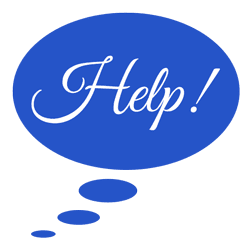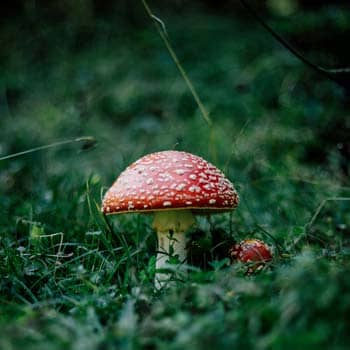Referral Service to
Private Treatment Centers in Canada
Magic mushrooms are wild or cultivated mushrooms containing a naturally occurring psychoactive and hallucinogenic compound known as psilocybin.
Psilocybin is a psychedelic drug that causes a person to see, hear, or feel things that are not there.
These drugs have been used for thousands of years, and there are over 200 species of magic mushrooms. While most are poisonous, many of them cause hallucinogenic effects.

1 888-488-8434
Toll-free Number

In Canada, the psychoactive substances psilocybin and psilocin are under the Controlled Drugs and Substances Act. The sale, possession, and production are illegal unless authorized by Health Canada.
Psilocybin and psilocin are hallucinogens and produce many of the same effects as LSD. Anyone who uses these drugs experiences hallucinations and an altered state of consciousness. The effects generally appear within 15 to 45 minutes and can last for four to six hours or longer.
The effects of these drugs vary for each person, and the strength of the drug varies. The effects of one mushroom can vary from another, and it can be challenging to know the dose and type of mushroom used.
Magic mushrooms in Canada are sold illegally and come as a whole mushroom or a powder. When people use magic mushrooms, they eat them raw or cooked, ground up and used to make tea, swallowed as capsules, sniffed up the nose when in powder form.
When injected intravenously, the drug has been known to cause septic shock and multi-system organ failure.
The use of magic mushrooms can lead to short-term mental and physical effects. It causes a heightened sense of emotions to varying degrees. The drug also creates the following effects:
The physical effects can also be significant and can produce some of the following issues:
The long-term use and effects of the drug cause bad trips, which can lead to severe paranoia, loss of boundaries, and a distorted sense of self. It can also cause intense psychedelic events. When the drug is mixed with other drugs, there are elevated risks of serious adverse effects.
Anyone with underlying mental health conditions increases their risk of severe adverse effects.
Most of the problems surrounding drug addiction and magic mushrooms involve a combination of drugs. For example, magic mushrooms and alcohol, cocaine, methamphetamine, or prescription drugs.
The long-term use of magic mushrooms creates a tolerance, especially with regular use. Even high amounts of the drug will no longer produce the desired effects.
Tolerance can develop quickly and can lead to overdose and withdrawal symptoms.
Overdose symptoms, while non-fatal, can include:
When compared to other drugs, psilocybin is not as addictive, yet it still creates tolerance and withdrawal symptoms.
Like any other addiction, magic mushroom abuse requires adequate detox, rehab, and aftercare support.
Withdrawal symptoms are not severe, so a medical detox is not always necessary unless other drugs are involved. Detox addresses the physical symptoms to help prepare the person for counseling and therapy.
Drug rehabilitation is required because there are always underlying issues connected to every drug addiction. The rehabilitation process is different for each person, and behavioral therapies, such as cognitive behavioral therapy, tend to be the best options combined with holistic approaches.
Finally, aftercare support is critical within the community. Drug addiction involving hallucinogens is easy to fall back into because of the lingering psychedelic effects.
Aftercare helps recovering drug users stay connected to other sober and like-minded people.
Additionally, no one has to live as an addict for the rest of their days, and countless people move past their recovery into living a normal and healthy life.